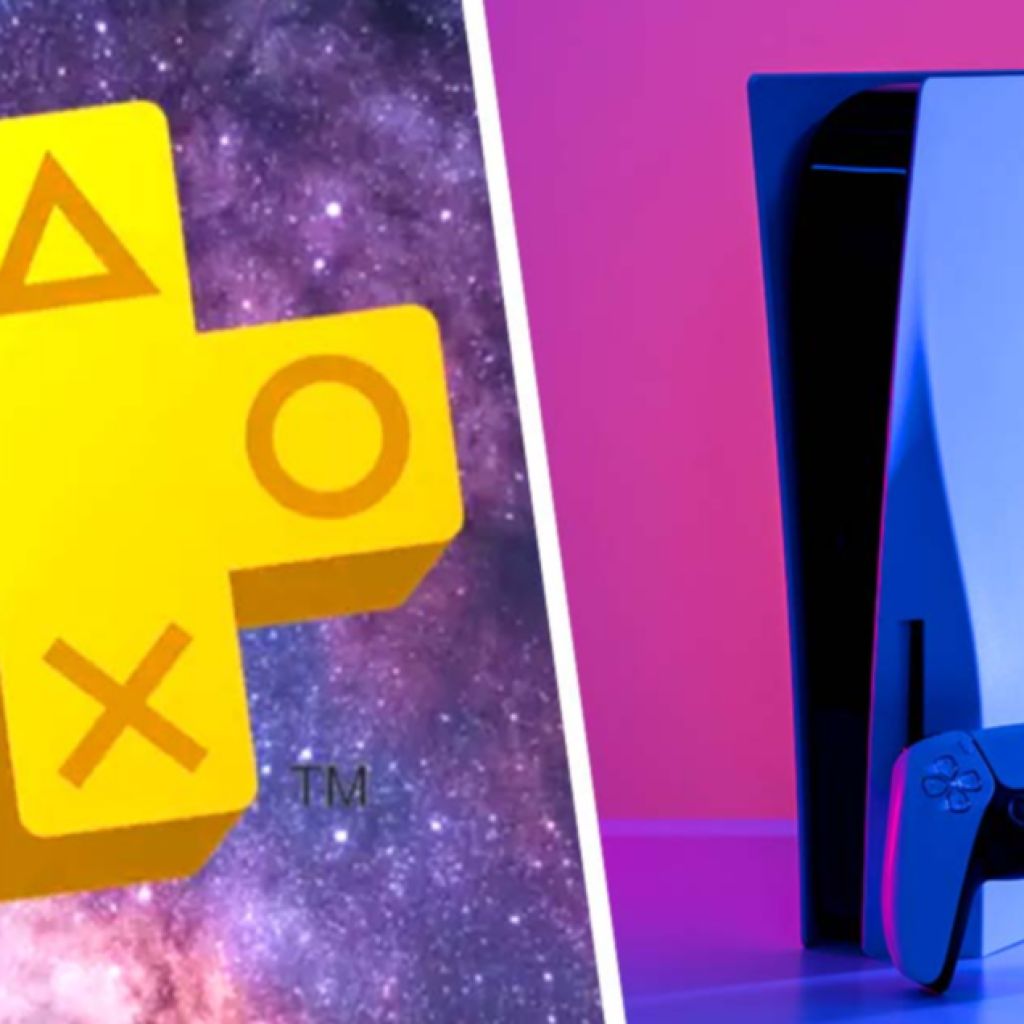The United Arab Emirates (UAE) continues to attract global crypto players with its friendly regulations towards the digital asset industry. The latest development is the launch of a free zone in Ras Al Khaimah dedicated to digital and virtual asset companies.
Named the RAK Digital Assets Oasis (RAK DAO), the free zone will accept applications in the second quarter of 2023. It will be a purpose-built, innovation-enabling free zone for non-regulated activities in the virtual assets sector.
The free zone will focus on digital and virtual assets service providers in emerging technologies, such as blockchain, metaverse, utility tokens, virtual asset wallets, non-fungible tokens (NFTs), decentralized autonomous organizations (DAOs), decentralized applications (DApps), and other Web3-related businesses.
Free zones in the UAE are areas where entrepreneurs have 100% ownership of their businesses and have their own tax schemes and regulatory frameworks, except for the UAE’s criminal law. With the RAK DAO, the UAE aims to draw more foreign direct investment and position itself as a global tech centre.
Sheikh Mohammed bin Humaid bin Abdullah Al Qasimi, chairman of the RAK International Corporate Centre, the operator of the new free zone, said:
We are building the free zone of the future for companies of the future. As the world’s first free zone solely dedicated to digital and virtual asset companies, we look forward to supporting the ambitions of entrepreneurs from around the world.
UAE’s approach to virtual assets
The UAE has been investing heavily in developing its infrastructure and implementing policy reforms to attract more entrepreneurs and businesses to the country, aiming to grow its non-oil sector.
The national digital economy is expected to grow to more than $140 billion in 2031, up from nearly $38 billion currently, according to a report by the Dubai Chamber of Digital Economy.
Meanwhile, regulatory agencies in the country have been adopting laws to streamline and supervise the digital asset industry.
Dubai adopted the Dubai Virtual Asset Regulation Law in March last year, which aims to create an advanced legal framework to protect investors and provide international standards for virtual asset industry governance that promotes responsible business growth in the emirate.
RAK DAO’s steps
Dubai-based crypto lawyer Irina Heaver thinks that “RAK DAO will start with non-financial activities first, then may introduce the financial activities at a later stage.” She added that entrepreneurs “won’t be able to launch a crypto exchange just yet, which is an ESCA-regulated financial activity.”
The Securities and Commodities Authority (SCA) is one of the UAE’s main financial regulators. According to the country’s latest federal-level virtual assets law, the SCA has authority throughout the Emirates, except for the financial free zones — the Abu Dhabi Global Market (ADGM) and Dubai International Financial Centre (DIFC), and others, which have their own financial regulators.
RAK Digital Assets Oasis will support companies with innovation-enabling adoption frameworks, advisory and professional services, hybrid workspaces, accelerators and incubators, sandboxes, and access to funding.
The UAE offers more than 40 multidisciplinary free zones, in which expatriates and foreign investors can have full ownership of companies, according to the Ministry of Economy.





